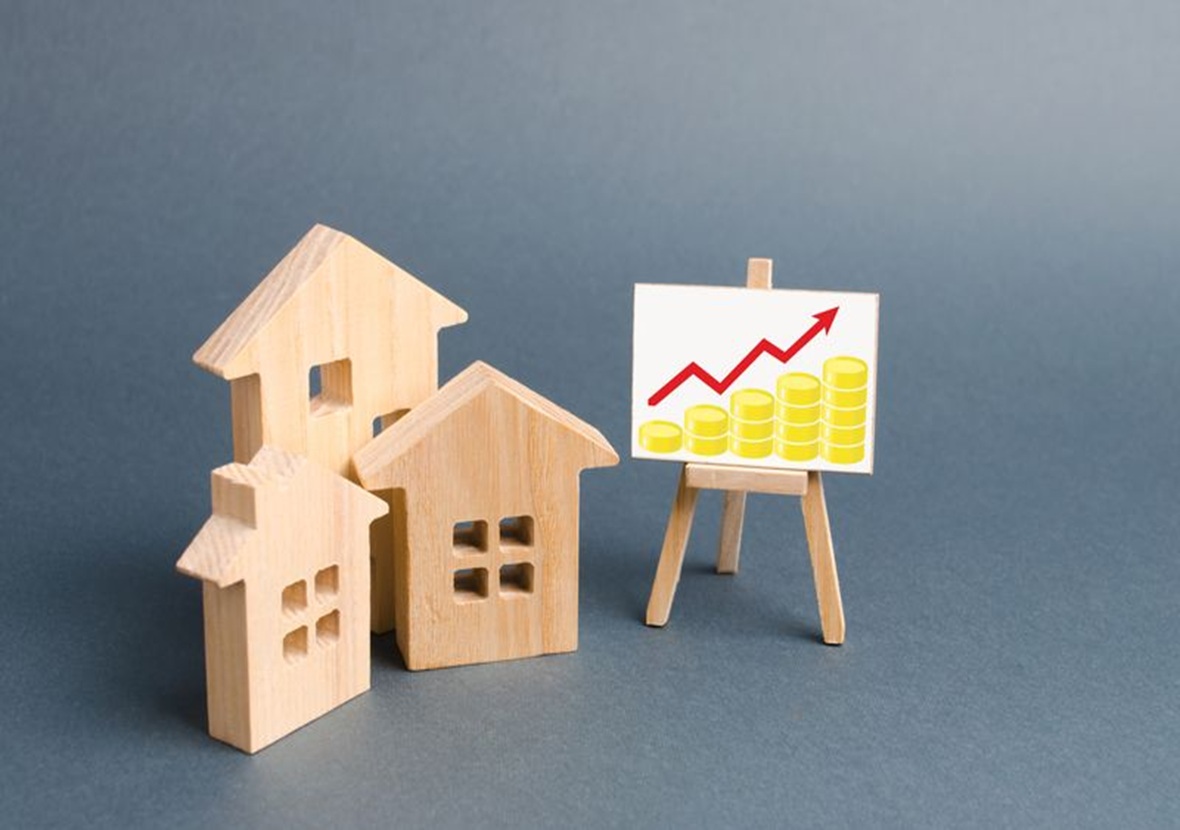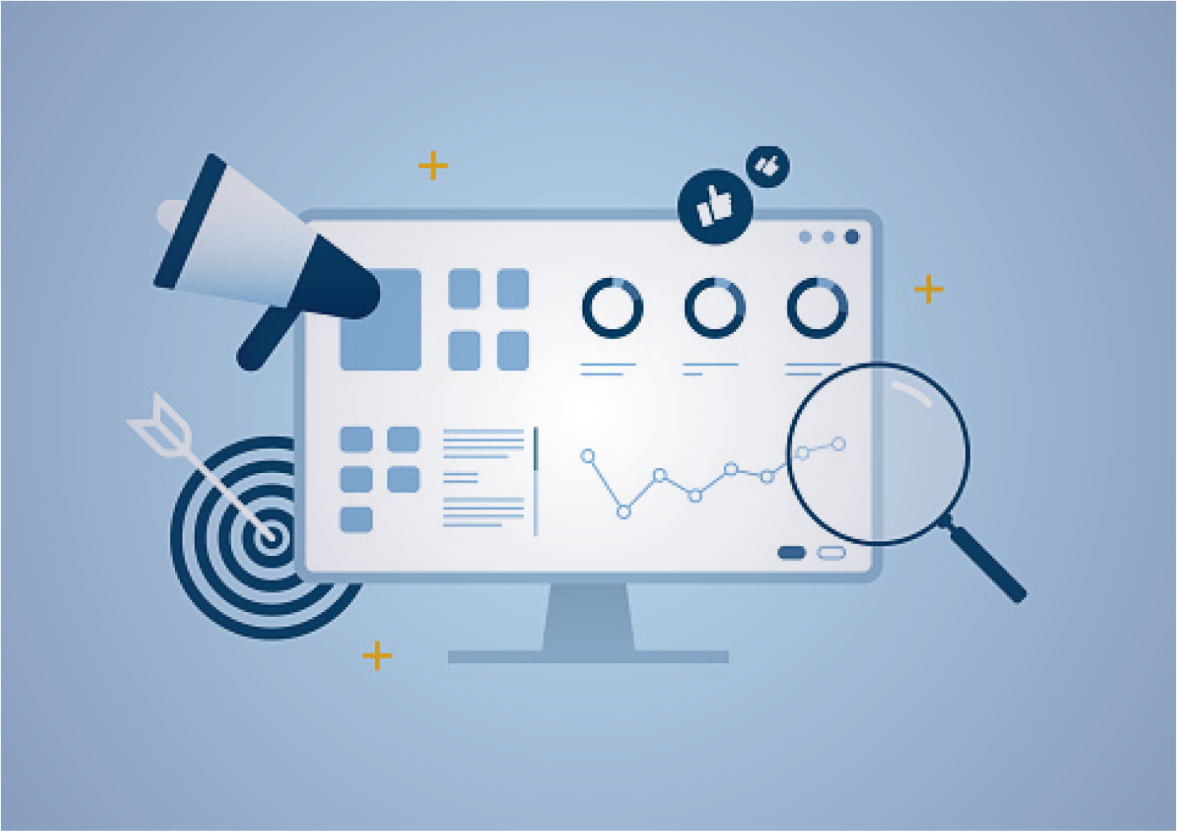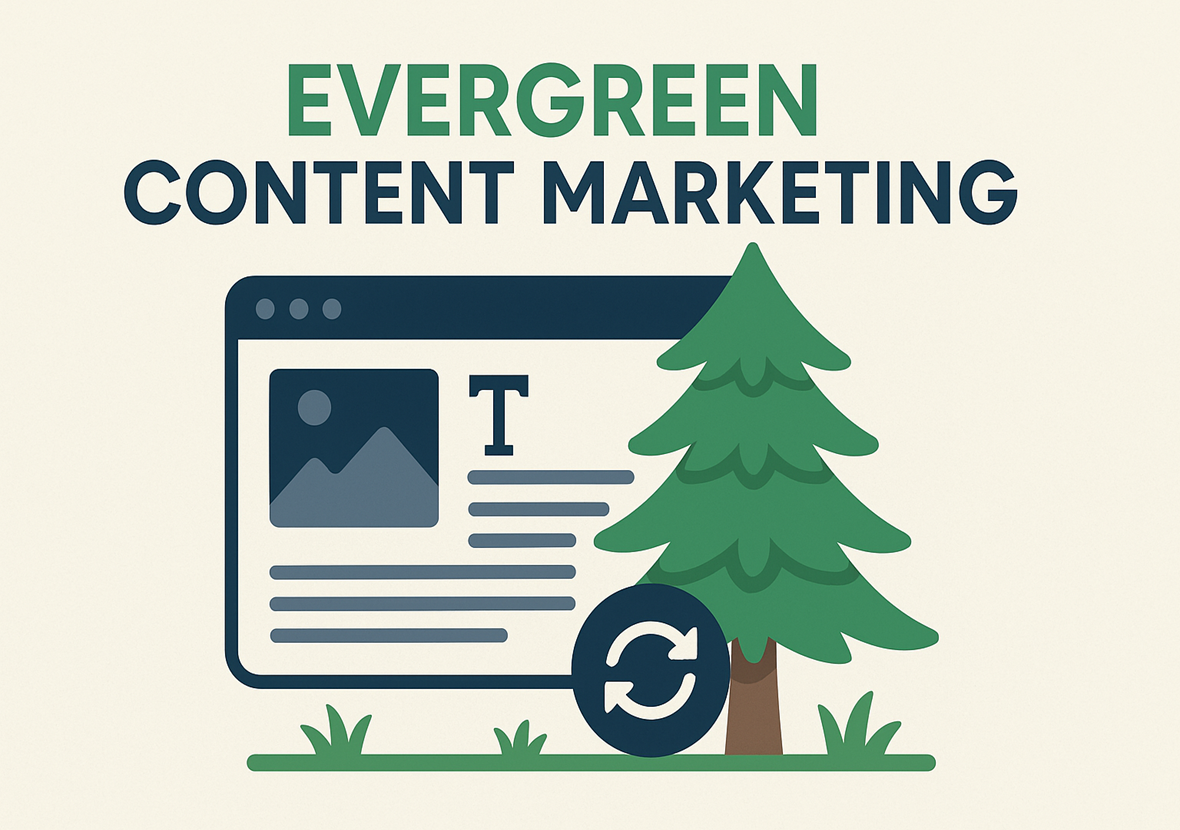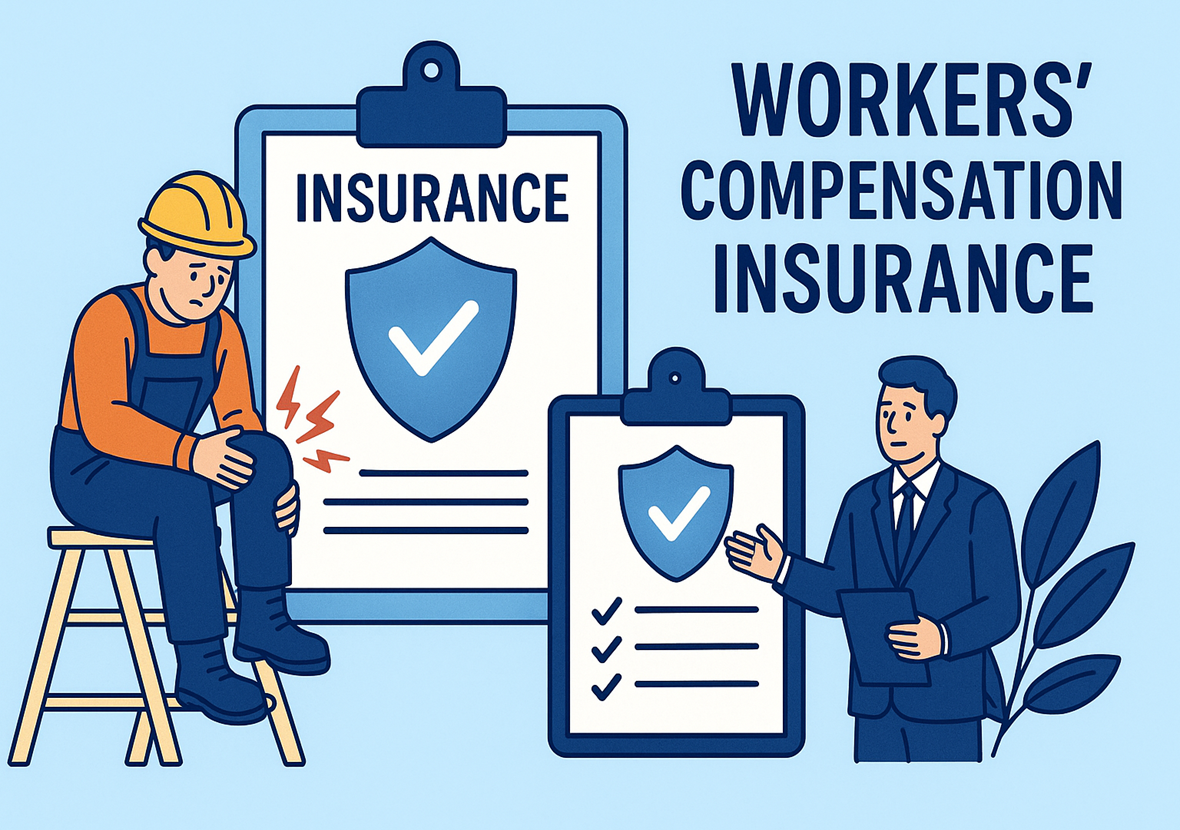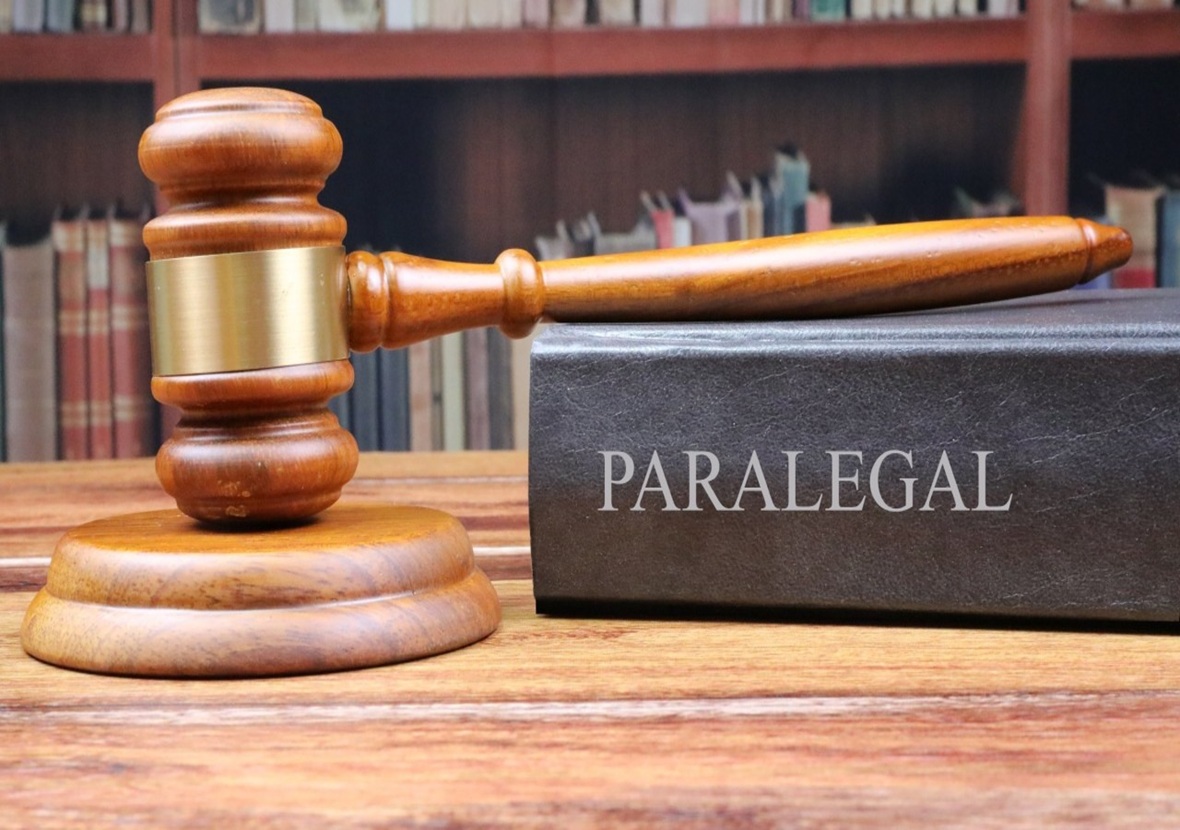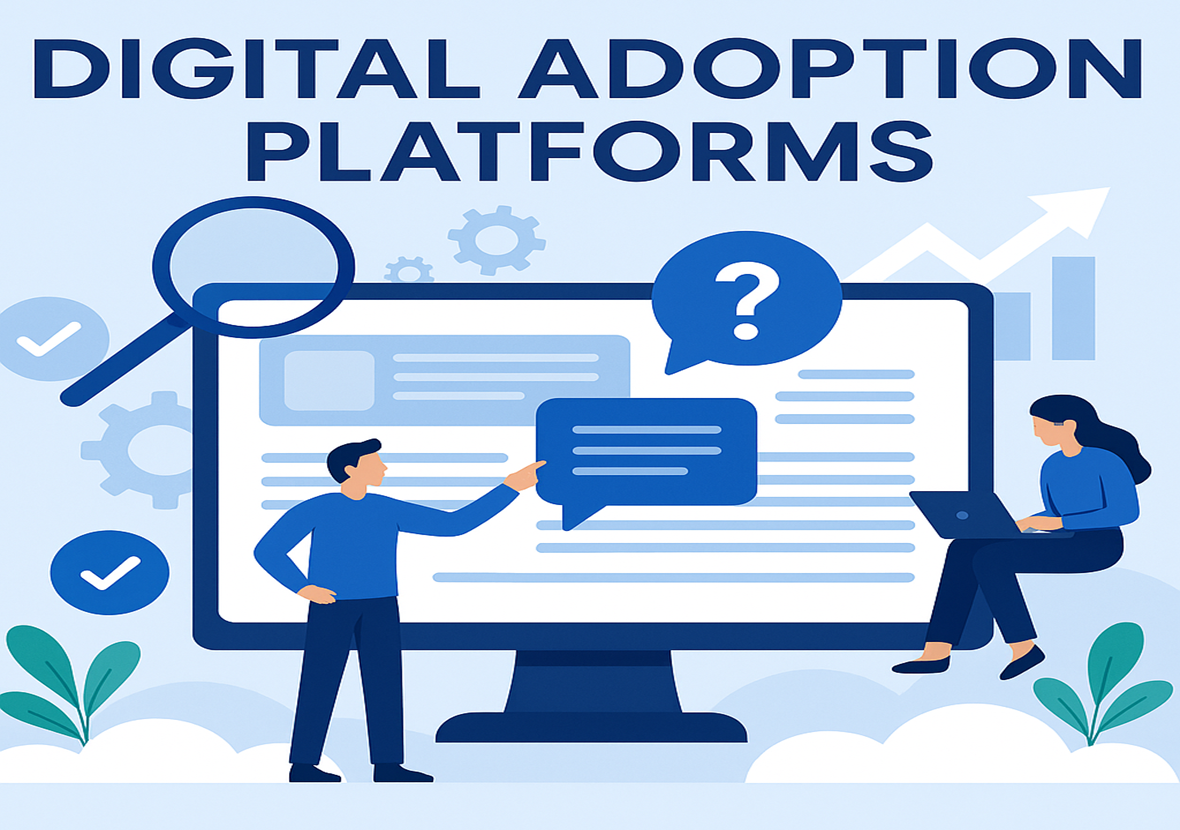How to Pay Off Debt Fast
Perhaps a missed credit card payment or an unexpected bill is the first step. But before you know it, worry and debt are piling up. You’re not alone if you’ve ever stayed up wondering how to pay off debt quickly without going bankrupt. In 2023, U.S. consumer debt surpassed $17 trillion, according to the Federal Reserve. Furthermore, debt affects your relationships, sense of control, and mental health in addition to financial matters.
The good news? Rapid debt repayment is feasible, and it doesn’t have to come at the expense of your well being. You can make steady progress without experiencing an emotional or financial collapse if you use the appropriate techniques, change your perspective, and prepare realistically.
In this guide, we’ll break down practical ways to pay off debt fast while keeping your sanity intact. From budgeting smarter to managing emotional triggers, this post will help you tackle debt in a balanced, sustainable way.
1. Understand Why You’re in Debt—And What’s Keeping You There
Before you can eliminate debt, it’s crucial to understand how you got there in the first place. Debt is often the symptom, not the root cause. Whether it’s student loans, credit cards, medical bills, or personal loans, identifying the origin of your financial stress is the first step toward breaking the cycle.
Many people fall into debt due to unexpected life events—job loss, health emergencies, or underemployment. Others accumulate debt from lifestyle inflation or a lack of financial education. Understanding your “why” allows you to address underlying behaviors and avoid repeating mistakes in the future.
Once you recognize the habits that led to your debt—like emotional spending or relying on credit for daily expenses—you can make intentional changes. This self-awareness lays the foundation for any successful debt repayment strategy. Without it, you risk solving the wrong problem and feeling stuck in the same cycle.
2. Choose a Repayment Strategy That Matches Your Personality
Paying off debt quickly doesn’t mean following a one-size-fits-all method. Two of the most popular debt repayment strategies are the snowball method and the avalanche method. The snowball method focuses on paying off your smallest debts first for quick wins. The avalanche method prioritizes high-interest debts to save the most money in the long run.
If you’re motivated by progress and need the psychological boost of eliminating debts fast, the snowball method might work best. If you’re analytical and driven by numbers, the avalanche approach could be more satisfying. The key is choosing a method you can stick with—not the one that sounds best on paper.
Consistency trumps perfection. The most effective plan is one that feels manageable over the long haul. For some, that means combining strategies—like tackling a few small debts for motivation before shifting focus to high-interest accounts.
3. Build a Bare-Bones Budget That Supports Aggressive Repayment
Creating a budget is essential, but not just any budget will do. If your goal is to pay off debt fast, you need to build a streamlined budget that focuses on needs over wants while still giving you breathing room. This is often called a “bare-bones budget.”
A bare-bones budget helps you prioritize essentials—like housing, utilities, food, and minimum debt payments—while cutting or temporarily eliminating non-essentials like takeout, subscriptions, or vacations. However, the goal isn’t deprivation. If you completely remove joy from your life, you’re more likely to burn out and give up.
Instead, create space for small rewards or low-cost treats that help you stay emotionally grounded. Maybe it’s a coffee once a week or a budget-friendly hobby. The point is to create a budget that helps you make progress without feeling punished.
Budgeting apps like YNAB or Mint can help you track expenses and stay accountable. And remember, your budget should be flexible. Adjust it monthly to reflect your reality—not some unrealistic standard.
4. Increase Your Income Without Sacrificing Your Sanity
Cutting expenses only goes so far. To pay off debt quickly, many people need to earn more. The good news? There are more flexible, scalable ways to increase your income than ever before. The challenge is doing it without pushing yourself to the brink.
Side hustles like freelance work, tutoring, food delivery, or selling items online can bring in extra cash fast. But the trick is to choose something that fits your lifestyle and energy levels. For instance, if you already work a full-time job, driving for Uber at night might not be sustainable. Instead, look for passive income opportunities, weekend gigs, or short-term freelance projects you can do from home.
Also consider negotiating a raise or looking for a better-paying job. Increasing your salary by even 10–20% can dramatically speed up debt repayment.
Keep in mind that extra income should go directly toward your debt—not inflate your lifestyle. Set up automatic payments so that new earnings immediately reduce what you owe.
5. Manage the Emotional Side of Debt
Debt isn’t just a financial problem—it’s an emotional one. Shame, guilt, anxiety, and even depression often accompany long-term debt. If you don’t manage your emotional well-being, you’ll quickly find yourself overwhelmed, even if the numbers are moving in the right direction.
Start by acknowledging your feelings without judgment. It’s okay to feel frustrated, scared, or even angry. The key is to not let those feelings control your decisions. Practicing mindfulness, journaling about your money journey, or speaking with a financial therapist can help you process debt-related stress.
Talking openly with trusted friends or family members can also lighten the emotional load. You may even find others who are in the same situation and can offer support or share solutions.
Mental burnout is a common reason people abandon debt repayment goals. That’s why it’s important to pace yourself. Celebrate milestones, however small, and give yourself grace when setbacks happen.
6. Stay Motivated With Clear Goals and Visible Progress
Paying off debt can feel like an endless uphill battle, especially if your balance is large. That’s why having clear, traceable goals is so important. Seeing progress—even incremental—can keep you going when motivation dips.
Break your total debt into chunks and set mini-milestones. Instead of thinking, “I need to pay off $25,000,” re-frame it as, “I’ll knock out $2,500 in the next three months.” This not only feels more achievable, but also gives you a reason to celebrate regularly.
Visual trackers, like debt-free charts or budgeting spreadsheets, can help you see your progress over time. Apps like Undebt.it or Tally offer visual cues and reminders to stay on track. You can also print a thermometer chart or use a vision board to stay inspired.
Remember, motivation is often tied to meaning. Remind yourself why you’re doing this—whether it’s to travel, buy a home, or just sleep better at night.
Conclusion
It’s not necessary to run yourself into the ground in order to pay off debt quickly. You can get rid of debt and preserve your mental health by using the appropriate techniques, such as knowing your spending patterns, selecting the best repayment plan, creating a sustainable budget, wisely raising your income, and controlling your emotions.
Although it won’t always be simple, the journey will be worthwhile. You are getting closer to freedom with each installment you make. And the self-assurance that comes from managing your money? That is invaluable.



